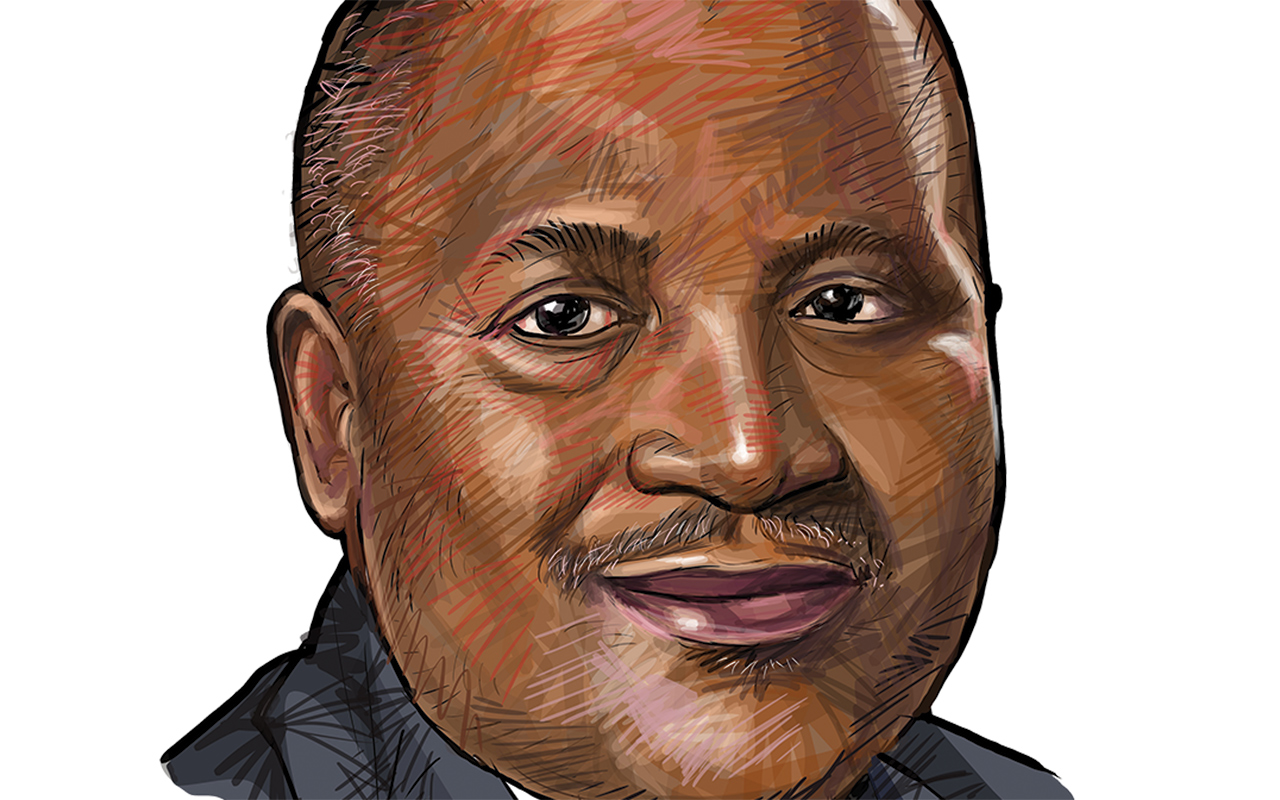A Professor of Obstetrics and Gynaecology at the University of Ibadan (UI) College of Medicine, Ayodele Arowojolu, has stressed the need for governments, parents, and educators to provide comprehensive sexual education to adolescents.
Arowojolu, who made the call at the seventh Aina Omololu-Mulele Endowment lecture, said adolescents face numerous challenges, including the absence of sexual education and guidance, leading to rising cases of teenage pregnancy, unsafe abortions, drug abuse, sexual violence, and school dropouts. He noted that misinformation from peers and social media further exacerbates the situation.
The professor highlighted the importance of addressing substance use among adolescents, which contributes to risky sexual behaviour, poor academic performance, and mental health challenges such as depression and anxiety. Arowojolu emphasised that a multi-sectoral approach involving policymakers, educators, parents, healthcare providers, and community leaders is necessary to address these challenges.
Arowojolu blamed widespread myths and the reluctance of parents and schools to provide proper education for the continued misinformation among young people.
He called for the inclusion of sex education in school curricula, noting that when adolescents are given accurate information at health facilities, their uptake of family planning services improves significantly.
Beyond reproductive health, Arowojolu identified education and vocational training as vital tools for adolescent development. He noted that schooling delays early marriage, first births, and promotes gender equality.
“When adolescents are not engaged in education or skills acquisition, they tend to indulge in risky sexual behaviour, early marriage, and multiple childbearing, all of which perpetuate poverty and limit future opportunities,” he said.
The scholar also decried the lack of structured sex education in most African countries, unlike in Europe and parts of Asia, where comprehensive sexual programmes are integrated into school curricula.
He pointed out that controversies surrounding sex education in Africa, driven by religious and cultural sensitivities, continue to hinder its effectiveness.
The Provost of the College of Medicine, Prof. Ademola Oremosu, described the late Omololu-Mulele, in whose honour the lecture was held, as a philanthropist who impacted humanity.
Oremosu emphasised the need to bridge the gap between quality and practice to overcome the challenges faced by adolescents. The programme included the presentation of a N3 million Abiola Omololu-Mulele research grant award to a Senior Registrar at the Lagos University Teaching Hospital (LUTH), Dr Godwin Oyewumi.






